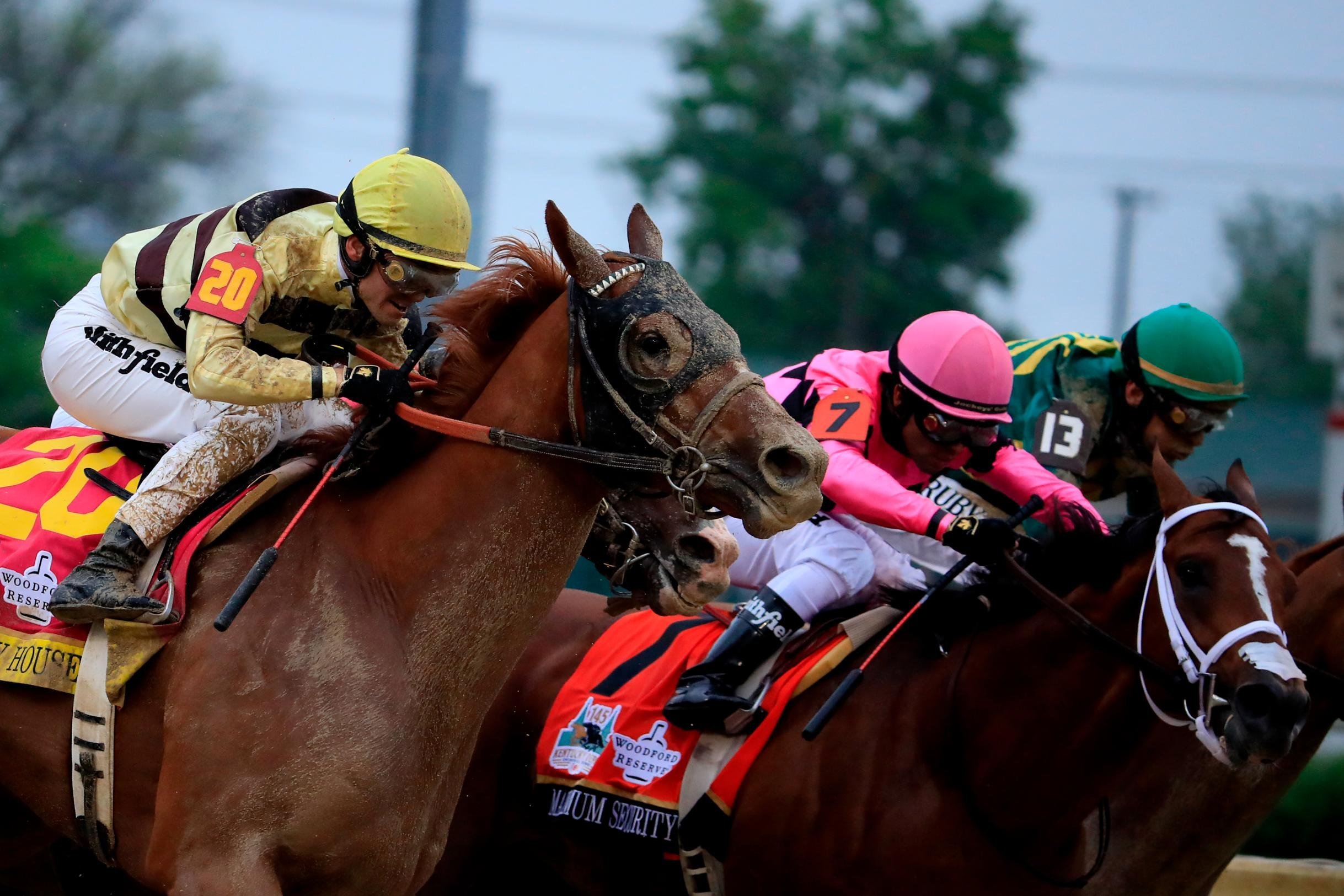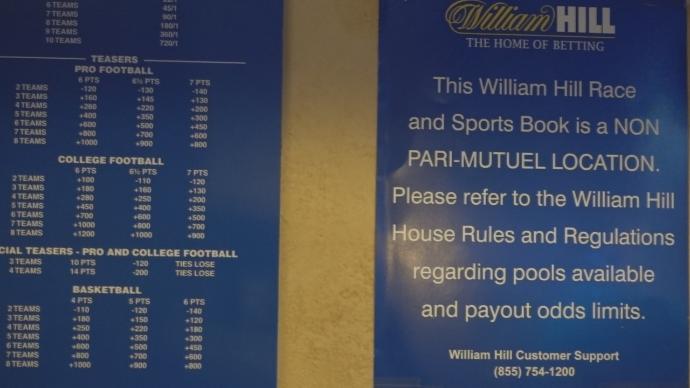
An ophthalmologist in Reno thought he won a whopping $609,000 on the 145th Kentucky Derby; however, a huge chunk of it instantly became thin air as it turns out his tickets were worth only $35,000.
What caused this misunderstanding? Well, he didn't know the rules.
This year's Kentucky Derby could be described as a dramatic mess. ‘Maximum Security' was able to finish first but was disqualified after that, causing every other horse to move up a spot.
 The drastic change resulted to a temporary havoc at sportsbooks all over the country where punters wagered a record $165.5 million (this was 10% more than last year's record $149.9 million). If Maximum Security was declared the winner in the first place, a gambler named Dr. Steve Friedlander (pictured right) could have walked away without winning anything from his bets worth $2,760. However, the disqualification made him a winner - a big winner - at the tune of over $600,000 bucks! But there's a problem...
The drastic change resulted to a temporary havoc at sportsbooks all over the country where punters wagered a record $165.5 million (this was 10% more than last year's record $149.9 million). If Maximum Security was declared the winner in the first place, a gambler named Dr. Steve Friedlander (pictured right) could have walked away without winning anything from his bets worth $2,760. However, the disqualification made him a winner - a big winner - at the tune of over $600,000 bucks! But there's a problem...
According to the Action Network, Friedlander was going to the south side of Reno for his son's high school track meet in Carson City when he decided to stop by first at Tamarack Junction sportsbook on May 4, where he wagered a total of $2,760 on Kentucky Derby bets.
"He put $600 on the No. 8 horse Tacitus to either win, place or show and he did a $100 exacta box and a $40 trifecta box using the 8, 13, 16 and 20 horses. If any of those four finished first and second, he would win the exacta. If any of those four finished first second and third, he would cash in the trifecta.
When Maximum Security, the No. 7, crossed the finish line first, it appeared as though Friedlander had lost all his bets. But then Maximum Security was soon turned into a loser when the horse was disqualified and taken down."
‘Country Horse' was the most unlikely candidate to win the Kentucky Derby in 106 years, and this horse left the gates at 65:1 odds to win it all.
- The $100 exacta bet would pay out $150,480
- The $40 trifecta bet would pay out $459,024 ($11,475.30 x 40 = $459,024)
Therefore, his $2,760 wager could possibly pay out $609,464.
Unfortunately, he's not being offered even at least $100,000. When he returned to the Tamarack Junction sportsbook two hours later after watching the race at home, he said to the cashier that he had just won a massive amount of money, only to be told that they don't have that kind of amount. He first thought they didn't keep that kind of amount on hand, but he realized quickly something was wrong.
Someone told him there's a cap on exotic wagers and pointed to a placard on the wall that he hadn't noticed earlier which read, "This William Hill Race and Sports Book is a NON PARI-MUTUEL LOCATION" and the house rules about payout odds limits.

Friedlander felt devastated and said, "I was pretty sick. It's one of those things where I watched the race and thought I won all this money, yet I thought ‘this is too good to be true.' And I went down there and ‘yeah, that's right."
If only Friedlander placed his bet at a pari-mutuel location (where all wagers are placed in a prize pool in which gamblers bet against each other instead of against the house), he would have been paid the amount he was expecting.
He said, "It's somewhat ironic how the story goes, because if my son's track meet was on the north side of town, I almost certainly would have stopped at Grand Sierra, where William Hill has pari-mutuel."
William Hill released a statement, "Because of the requirements of the gaming regulations, there are significant costs involved to offer pari-mutuel wagering in Nevada. Unfortunately, it doesn't make economic sense to offer pari-mutuel wagering at all of our 115 Nevada locations. William Hill has 17 pari-mutuel locations in Nevada. At a number of additional William Hill locations, we offer booked wagering on the five major race days (Kentucky Derby, Preakness Stakes, Belmont Stakes, and Friday/Saturday of Breeders' Cup) as a convenience to our customers in a manner consistent with the gaming regulations."
"At the locations where we book these select races, we pay official track prices, subject to certain caps that are prominently displayed. ... The capping of booked race payouts has been industry standard for decades and allows race books to book without taking on unlimited liability, which no one would want to do."
When Friedlander saw the caps, he refused to cash his tickets and made an appeal to the Gaming Control Board, which would make its decision within 45 days.
William Hill said that Friedlander "has the right to appeal to the Nevada Gaming Control Board, but we are confident that we have fully complied with the relevant gaming regulations and had prominent signage alerting customers to the payoff caps."
Friedlander is hoping his story will serve as an example for everyone wanting to engage in sports betting in the country, "I want new bettors to hear my story so they're aware what house rules are. And to make sure they do their research before they make a bet."
Still, at the end of the day, we think it's still a good turnout for him to make $35,000 from his $2,760 in bets - bets he only won when a horse got disqualified in the zaniest Kentucky Derby so far, right?
Source:
https://www.reviewjournal.com/sports/betting/reno-bettors-609k-win-on-kentucky-derby-capped-at-35k-1667201/

